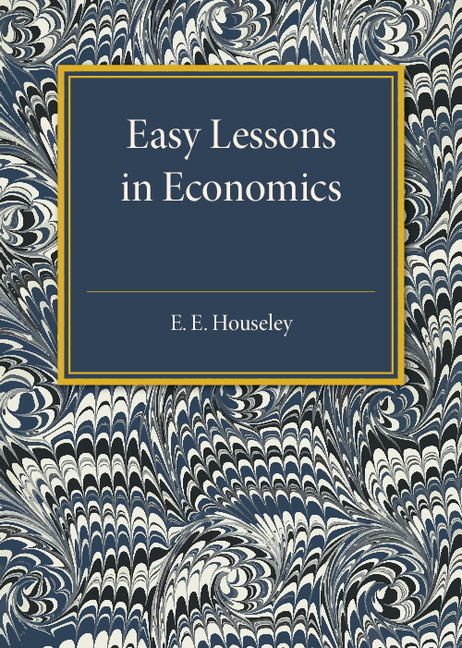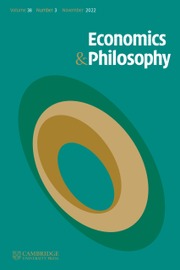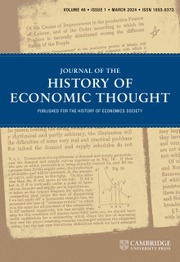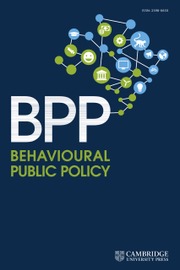The Legacy of Scholasticism in Economic Thought
This book is a study in the history of economic thought. It deals with the economics of exchange, that is, with prices, wages and interest rates. Those who pay a certain price or interest rate, or work at a certain wage, may agree to do so because they are in economic need. They are thus in a sense compelled and not free to choose. This problem was first discussed by teachers in the medieval universities. This book follows the discussion from the Middle Ages to the present.
- Author is the world's leading exponent of the legacy of scholasticism in modern economic thought
- Author has written four previous books on this general theme, but this book supersedes them
- Will be of interest to medieval economic historians as well as historians of economic thought
Reviews & endorsements
"Langholm has shown that the original Scholastic analysis of the market process drew on Aristotelian and Roman law concepts of volition and free choice as the basis for justice in exchange. Realistic appraisals of need and institutions resulted i practical policies that qualified these premises, paralleling modern institutionalism. This provocative study implicitly demands further investigation of the ideological milieu that produced a naturalistic economics based on the specious Benthamite assumption of ubiquitous rationality." S. todd Lowry, Washington and Lee University
"Odd Langholm's The Legacy of Scholasticism in Economic Thought is an extraordinary achievement. langholm has written an immensely insightful and richly textured history of the development of teh idea of economic compulsion." Isis
"...Langholm has done more than any scholar to uncover the widely scattered sources of Scholastic economic thought, to reimagine the shape and logic of a tradition that lasted more than four centuries, and to bring the subject to a wide audience. It presents a wealth of textual evidence culled from an impressive array of sources,,,this work is directed at least as much to modern historians and economists as it is to medievalists...the intent, informational content, and overal conception of the book are praiseworthy...It may indeed work for the audience who, educated primarily in modern economic theory, will be introduced to another, clearly quite sophisticated, set of assumptions about the ethical dimensions of exchange. There is much in this book that will enlighten and impress them." Speculum: Journal of Medieval Studies
Product details
February 1998Hardback
9780521621595
228 pages
236 × 160 × 19 mm
0.47kg
Available
Table of Contents
- Preface
- Introduction
- Part I. Compulsion and the Will: Three Ancient Traditions:
- 1.The Aristotelian tradition
- 2. The Roman law tradition
- 3. The Augustinian tradition
- Part II. Need as Compulsion: The Scholastic Paradigm:
- 4. Loans and usury
- 5. Price and market manipulation
- 6. Need and the will in buying and selling
- 7. Labor and wages
- Part III. Rejection and Revival in Postscholastic Thought:
- 8. Hobbes: the antithesis
- 9. The economics of natural law
- 10. The neoclassical system and its critics
- Bibliography
- Index.










